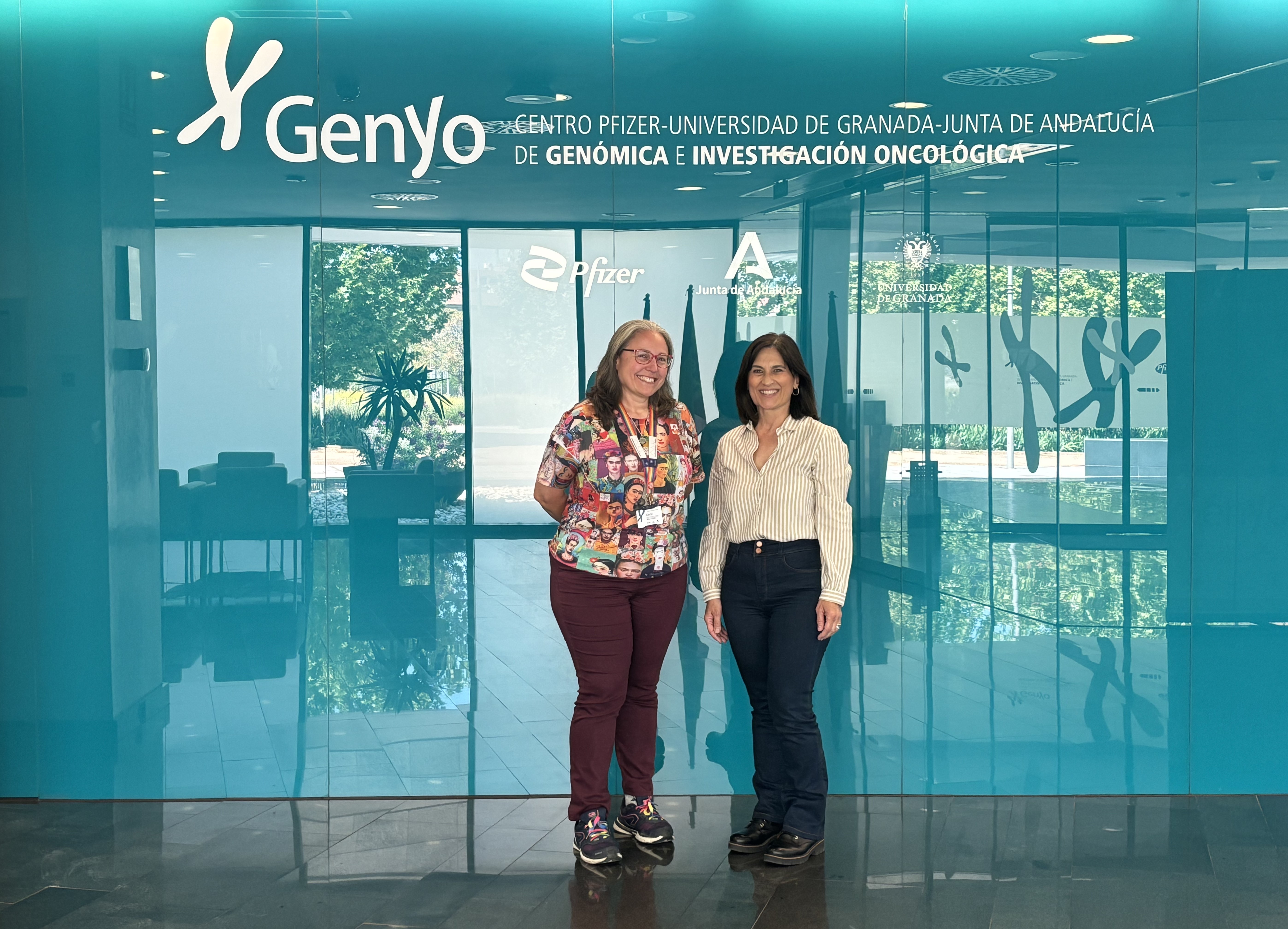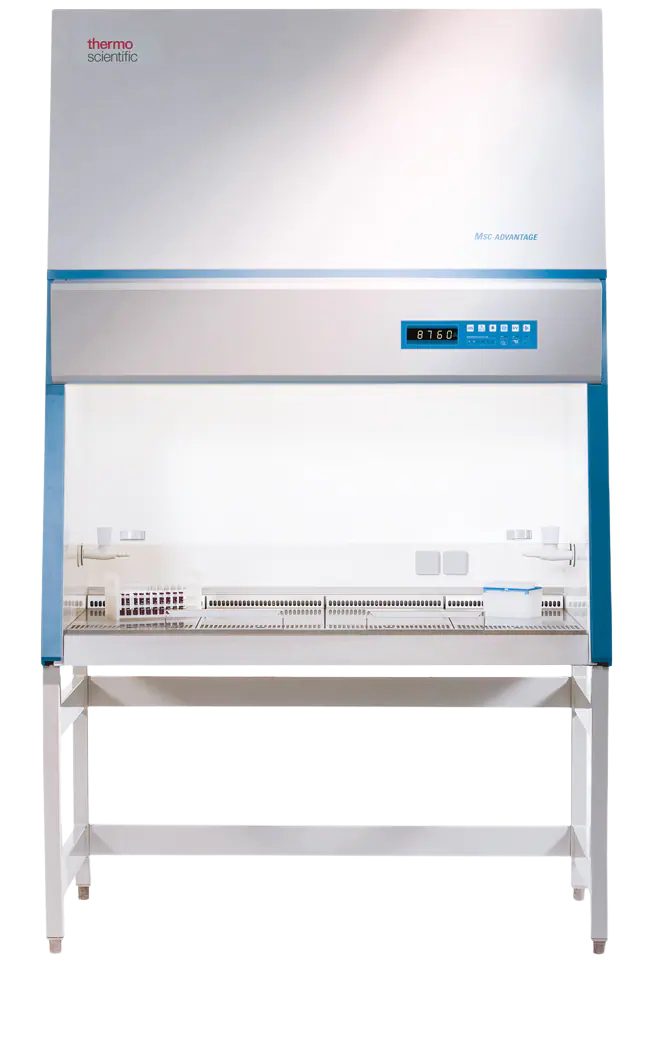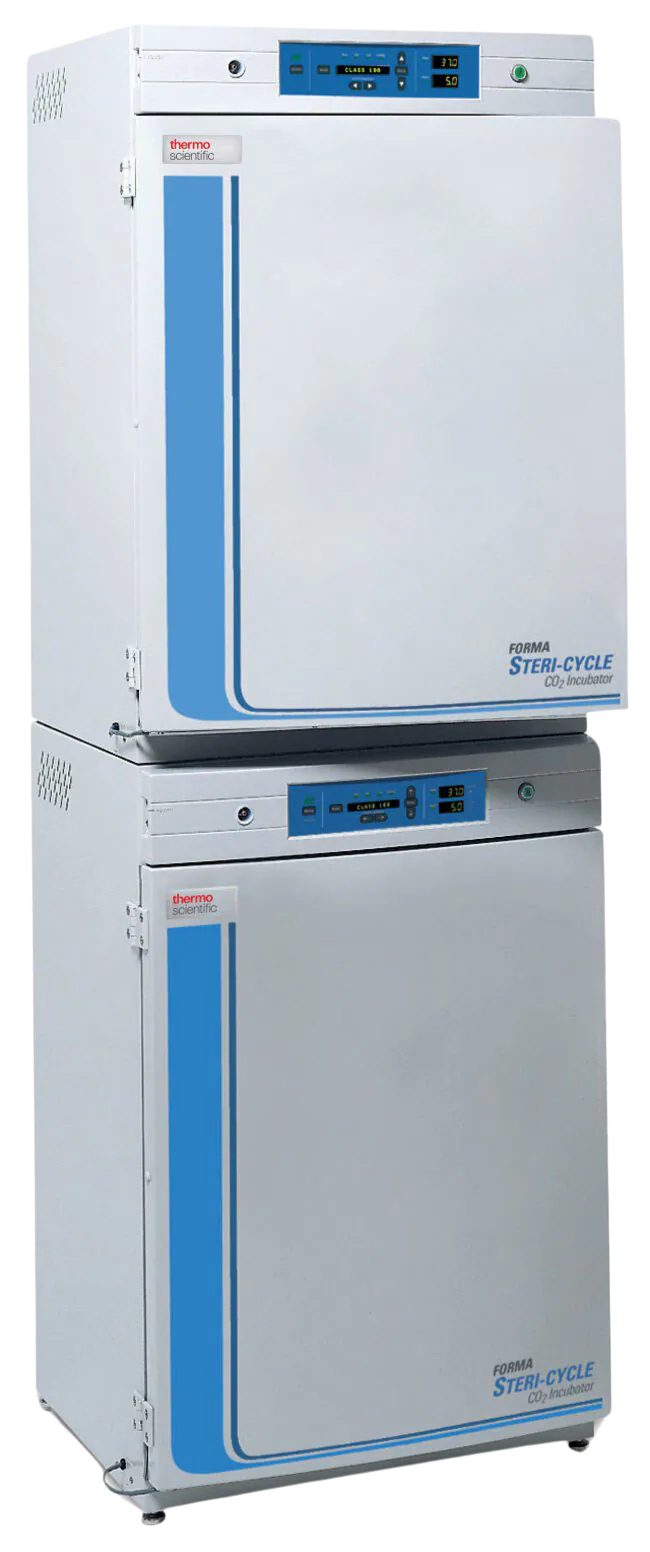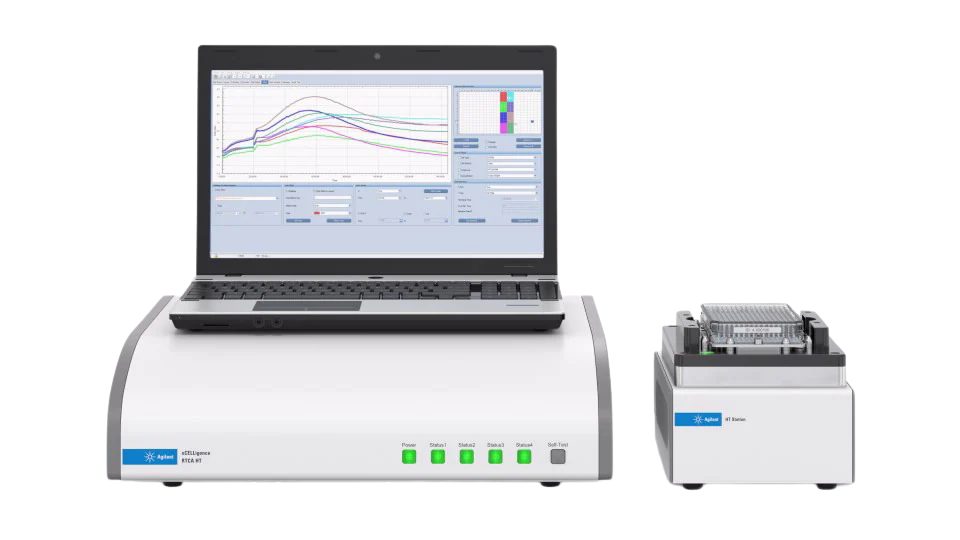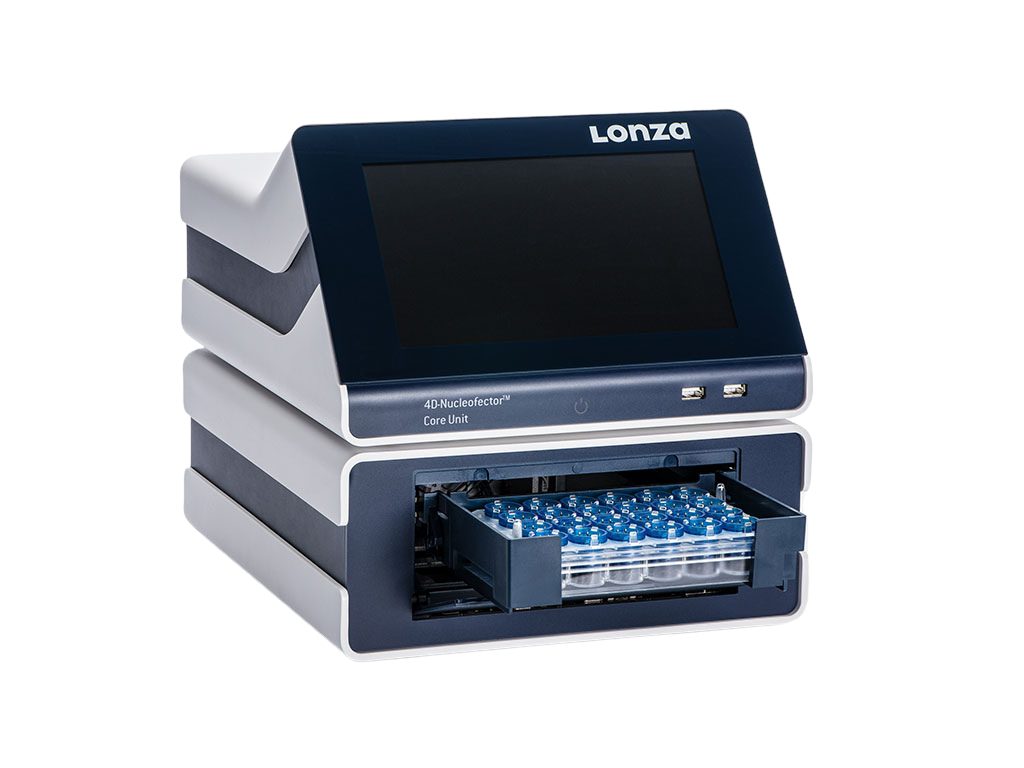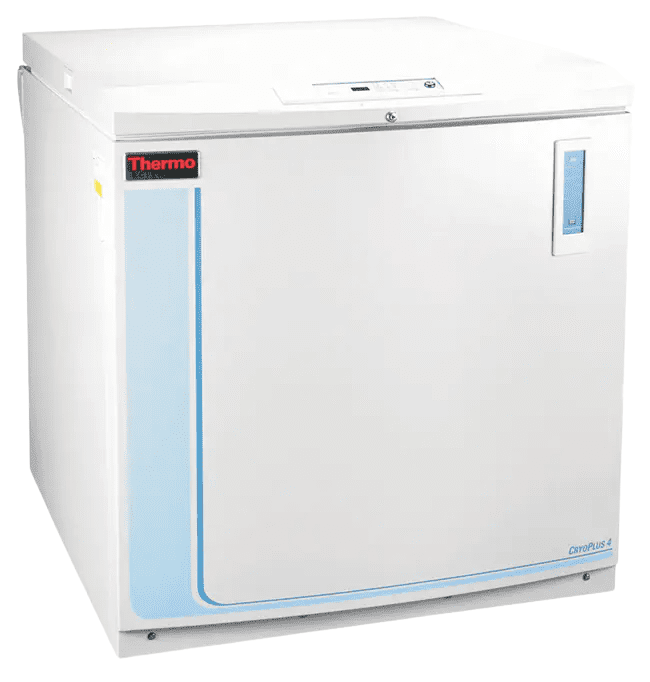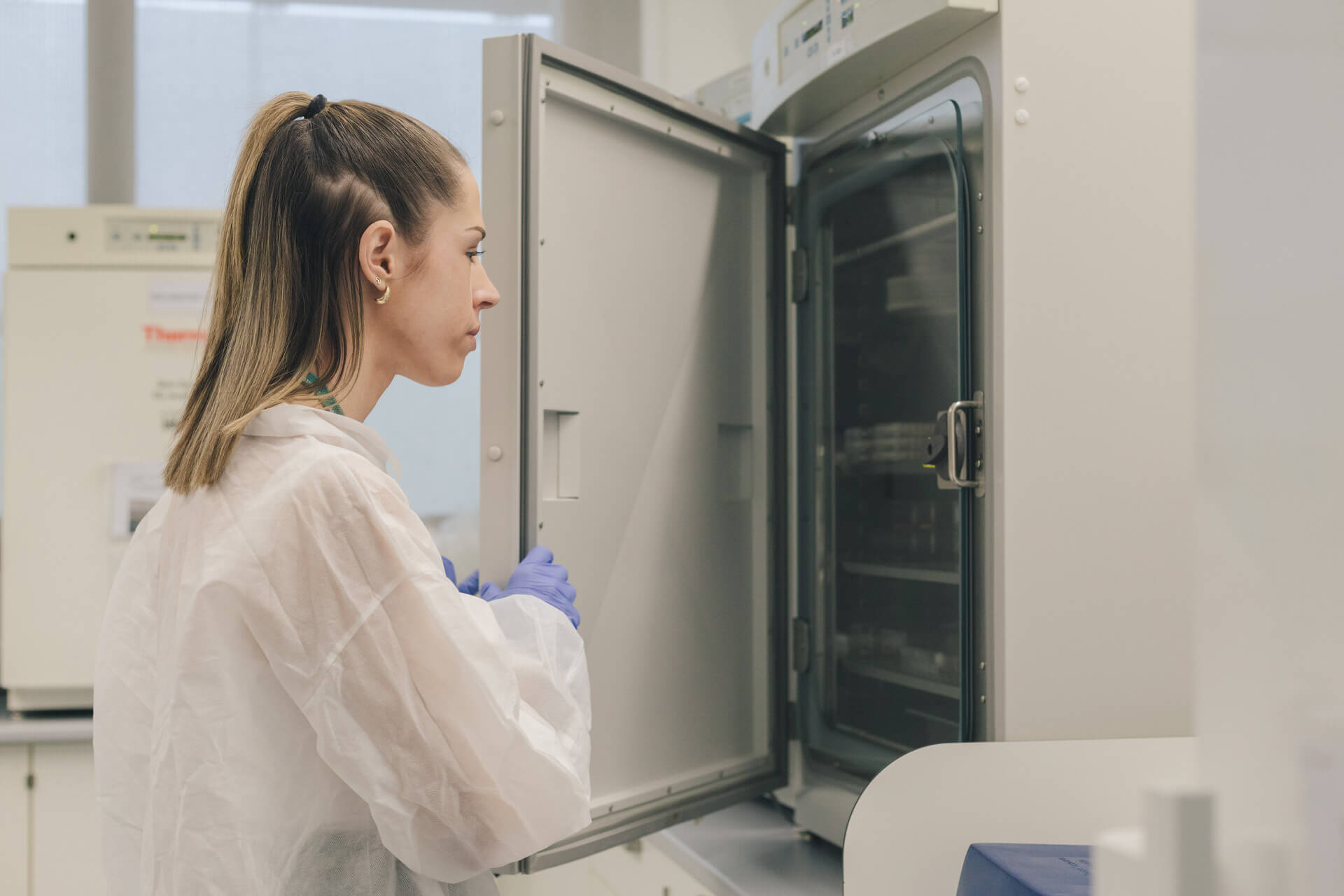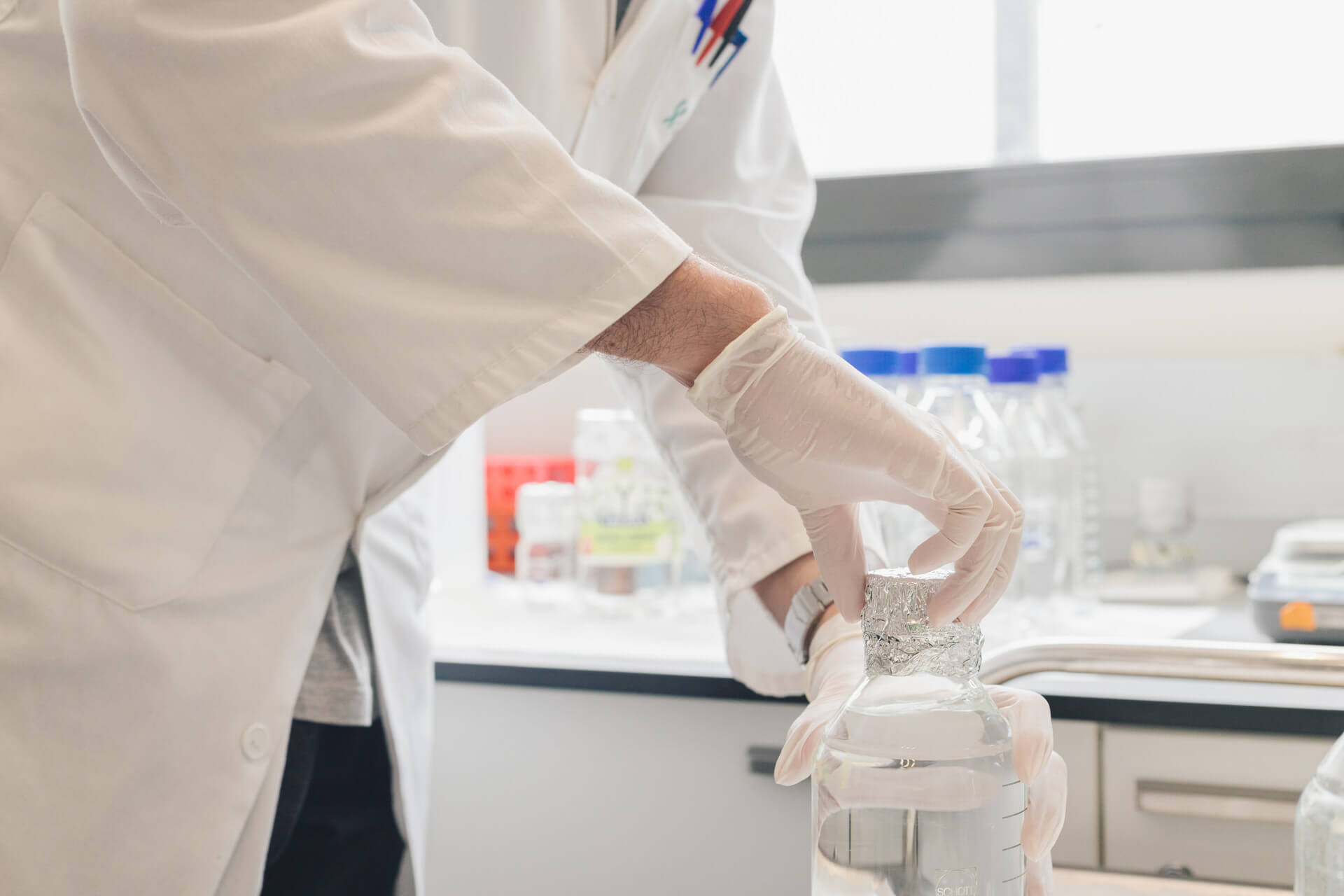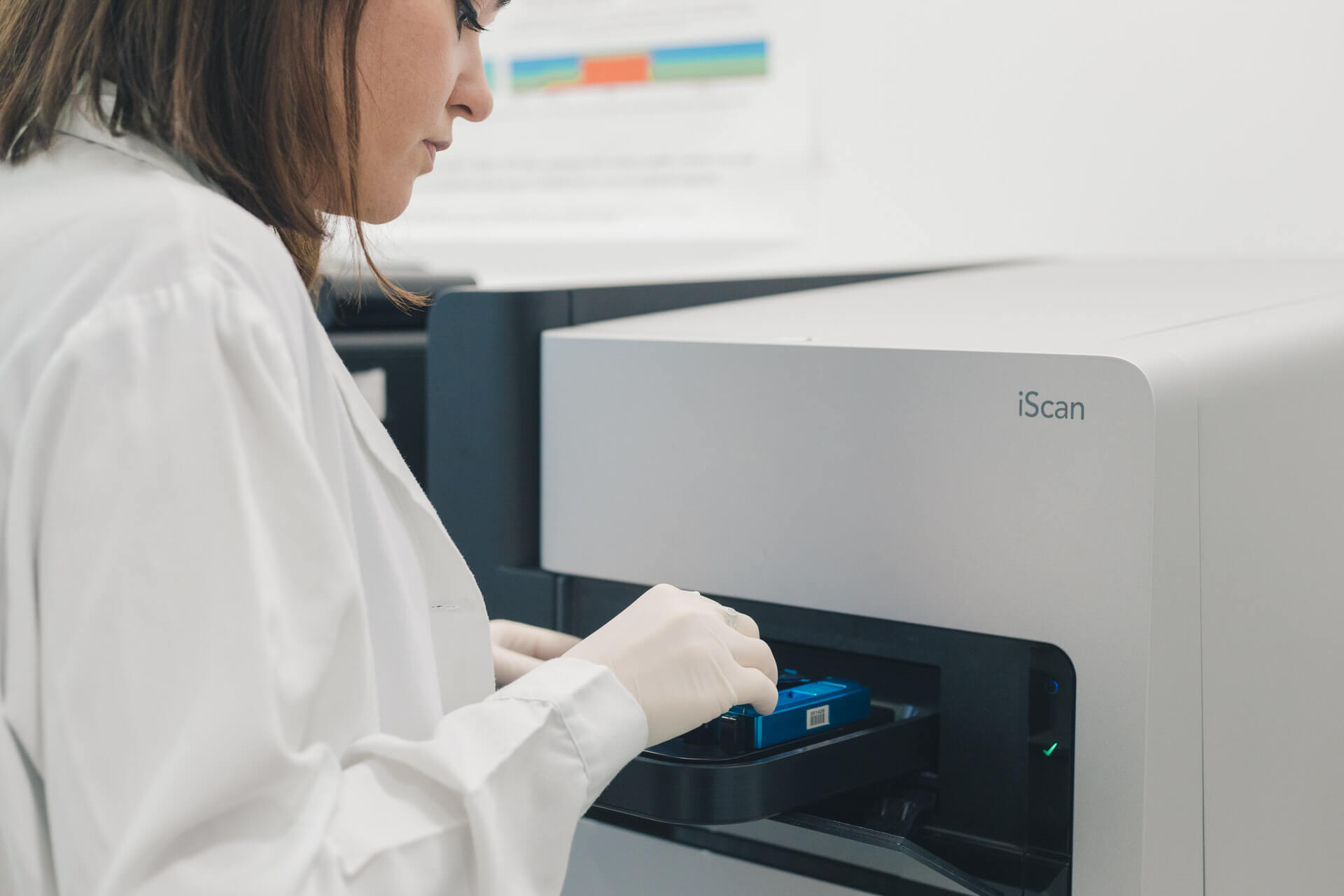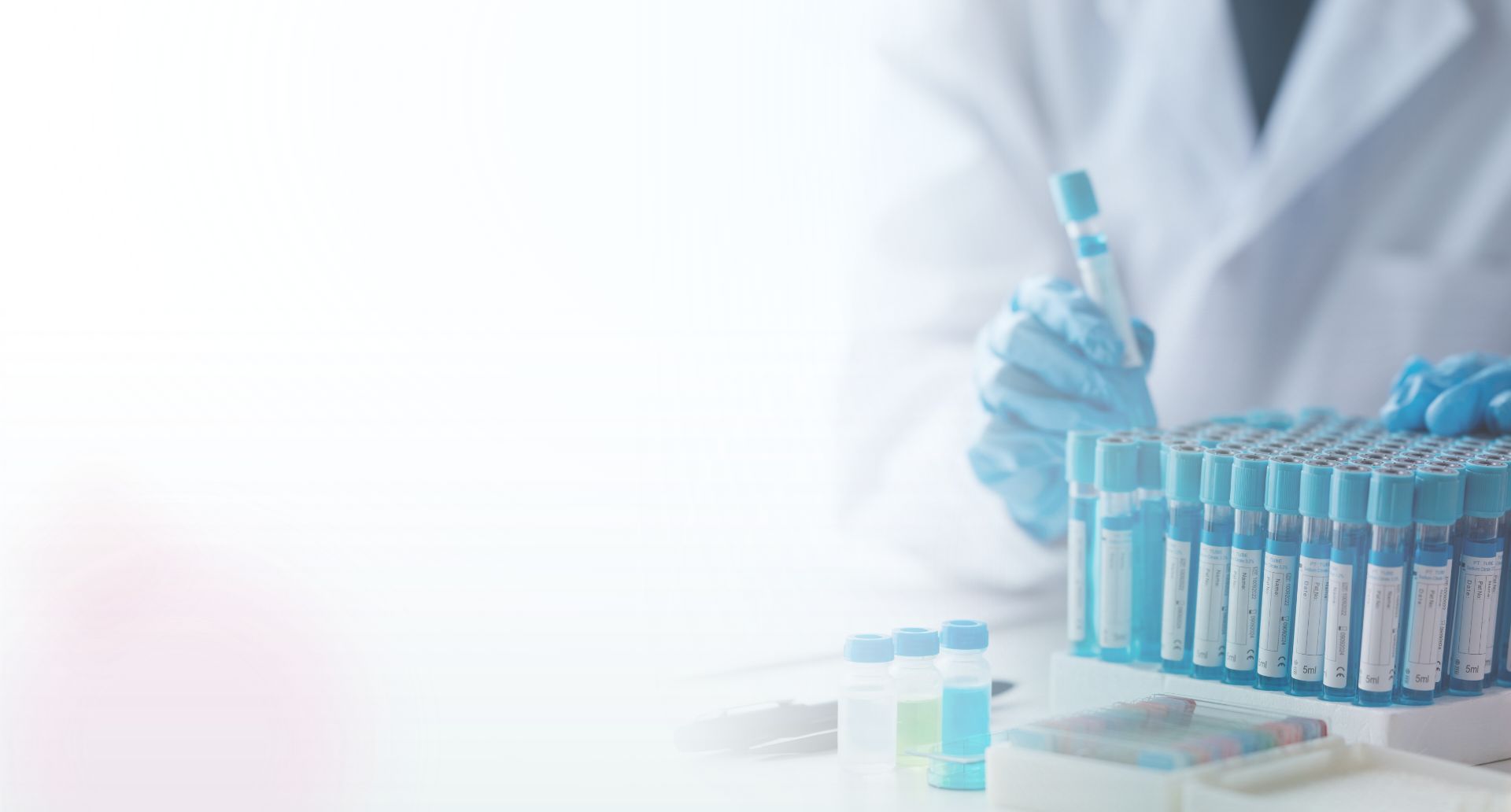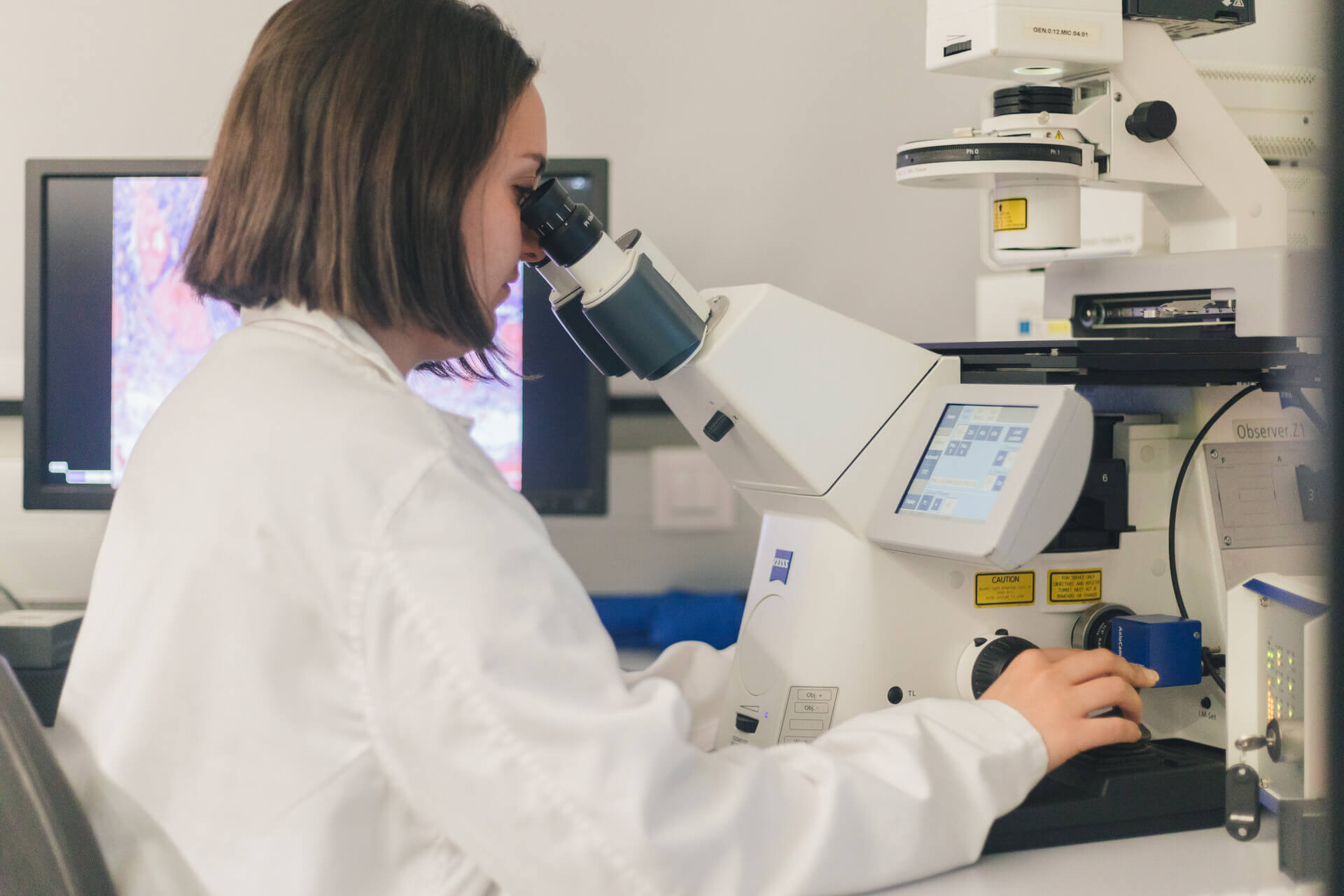
There are no projects in the garbage can.
General Information
The use of in vitro cell culture systems is an essential technological platform in current scientific research. Over the last decades, this methodology has evolved significantly, establishing itself as a key tool to explore and understand the molecular and cellular mechanisms that underpin biological processes. Thanks to their versatility and precision, cell cultures allow researchers to study complex phenomena in a controlled environment.
The Cell Culture Unit has four rooms dedicated exclusively to cell culture, designed to provide a controlled and safe environment for carrying out various activities under biosafety level 2 conditions. These facilities guarantee the protection of both personnel and the environment, complying with international standards.
The Unit has a wide range of specialised, state-of-the-art equipment, carefully selected to facilitate all aspects of cell culture. These resources allow complex and precise procedures to be carried out, from the collection and isolation of primary cells to the expansion, maintenance and characterisation of established cell lines.
It also houses a cryopreservation room equipped with state-of-the-art cryo-freezers, connected to a liquid nitrogen supply system, which allows cells to be stored at temperatures close to -196°C, ensuring their long-term viability. All this reinforces the commitment to offer comprehensive support for the development of innovative research in the field of Functional Genomics and Personalised Medicine.
Thanks to this infrastructure and advanced technology, optimal conditions are ensured at every stage of the process, promoting reproducibility, quality and integrity of the cultures. This makes it possible to support high-level research, facilitating progress in areas such as cancer genomics, with reliable results of great scientific impact.
This technical and technological support is complemented by the support of various specialised units, such as Cytometry, which facilitates cell identification, quantification and separation; Microscopy, which allows detailed observations and high-resolution image capture at subcellular and molecular level; and Genomics, which provides essential tools for interpreting results through gene expression analysis, sequencing and studies of genetic variations. The integration of all these resources ensures a comprehensive and accurate characterisation of cell cultures, facilitating the collection of high quality data for advanced scientific research.
Members
Scientific Responsible
Technical Responsible
Research support technicians
Service Portfolio
Equipment
En la actualidad esta Unidad cuenta con los siguientes equipos:






